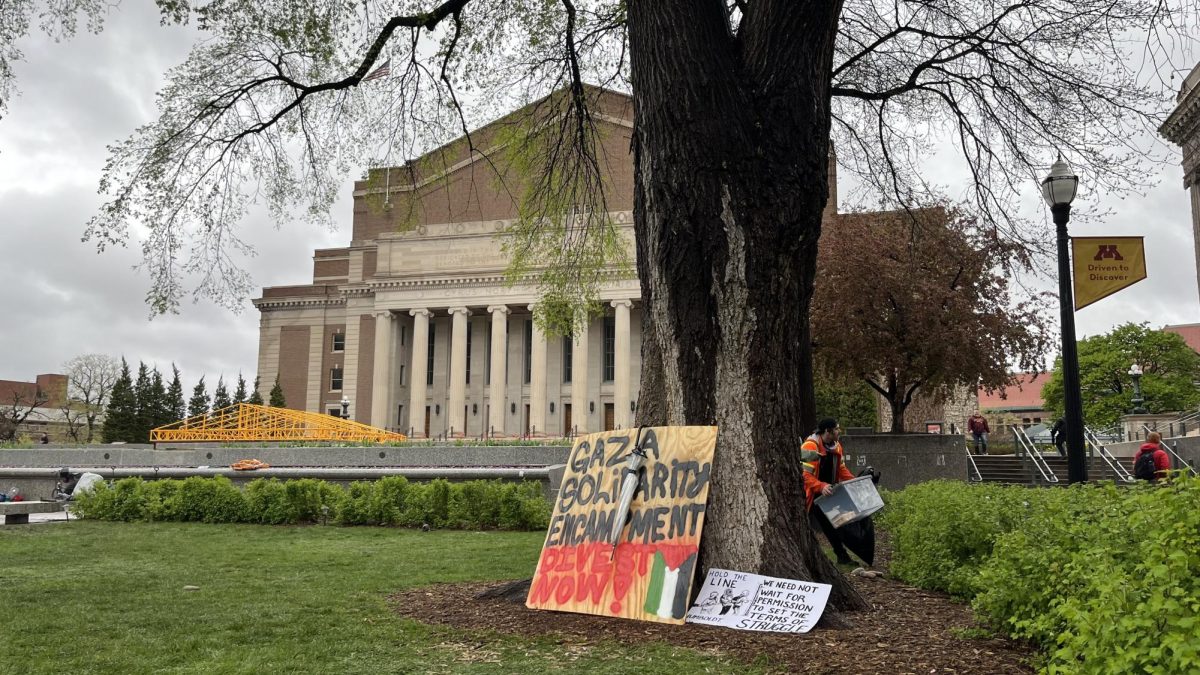Radio stations that broadcast over the Internet and small webcasters alike are taking notice of rising royalty rates.
Under new rates set by the Copyright Royalty Board, commercial radio stations of any size stand to pay retroactively $0.0008 per performance for 2006, increasing to $0.0019 by 2010. The Board defines a performance as the “streaming of one song to one listener.”
Noncommercial webcasters will pay a minimum of $500 per year under the new royalty rates.
However, if their aggregate tuning hours exceed 159,140 per month, webcasters will pay the commercial rates.
Aggregate tuning hours are calculated by multiplying number of listeners by hours of copyrighted material broadcasted per month. The new rates are set to take effect July 15.
Jake Ward, director of savenetradio.org, an organization dedicated to stopping the rate hikes, said the new rates will hurt the industry.
“Internet radio broadcasters are in danger of going out of business, and I mean all of them,” he said.
Ward said the new royalties do not take the nature of Internet radio into consideration.
“They didn’t give any credence to the idea that that would change the dynamic of
Internet radio completely if people had to pay for it,” he said.
A spokesperson for Soundexchange, a company that distributes royalties to artists, labels and copyright owners, said the new rates are intended to compensate those who create the music.
“There’s a lot of people out there that think they can rip music for free and that is absolutely absurd,” he said. “These other businesses want to build a business using their product; they should be paid for it.”
Radio K station manager Andy Marlow said in the past, royalty rates for the station were paid by the Corporation for Public Broadcasting and negotiated by National Public Radio.
Under the new arrangement, Radio K might be on its own to pay royalties.
According to Marlow, a decision on this is expected within the next two months.
If left to negotiate on its own, Radio K will be required to keep more in-depth records of songs played and listener demographic than before.
“The more onerous part is the record keeping,” Marlow said. “We’d have to acquire software to be able to do that, if we can even do it.”
Marlow estimated that the software will cost $1,000 to $3,000.
“The $500 will hurt, the money that will go into purchasing the record-keeping software will be quite painful and will probably mean we will lose a staff position,” he said.
Chemical engineering senior Mark Calhoun said he doesn’t agree with the rate hikes.
“There should be different categories, like public radio, or a student category that shouldn’t pay any royalties,” he said.
Currently, the Internet Radio Equality Act of 2007, authored by Sens. Ron Wyden, D-Ore., and Sam Brownback, R-Kan., is seeking to halt the royalty hikes.
Sen. Amy Klobuchar, D-Minn., said in a statement that she supports the bill. Sen. Norm Coleman, R-Minn., was not available for comment.















